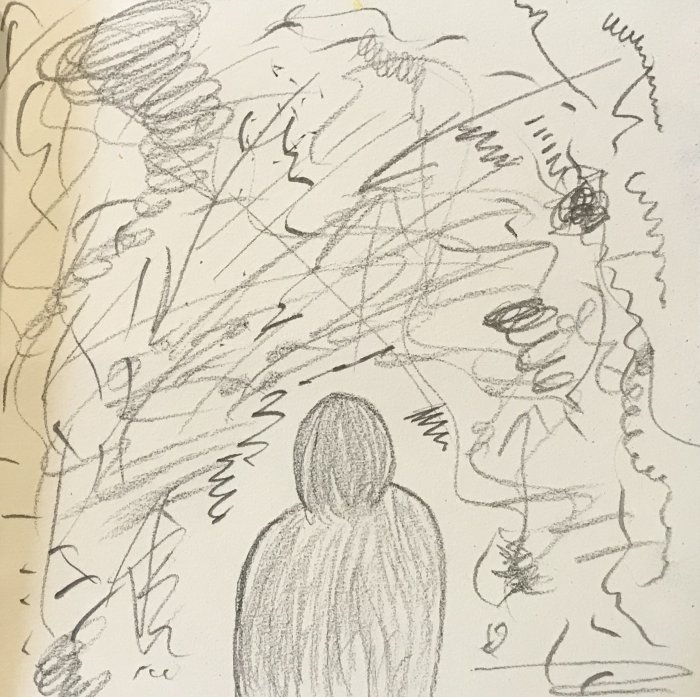This is why we practice meditation – so that we can treat ourselves more compassionately; improve our relationships with friends, family, and community; live lives of greater connection; and, even in the face of challenges, stay in touch with what we really care about so we can act in ways that are consistent with our values.
One of the things I’ve always found so interesting about meditation practice is that the arena can seem so small – just you in a room – but the life lessons, the realizations and understandings that arise from it, can be pretty big.
The process is one of continually trying to greet our experience, whatever it is, with mindfulness, lovingkindness, and compassion; it helps us realize that everything changes constantly and to be okay with that. The effort we make in meditation is a willingness to be open, to come close to what we have avoided, to be patient with ourselves and others, and to let go of our preconceptions, our projections, and our tendency not to live fully.
Meditation practice helps us relinquish old, painful habits; it challenges our assumptions about whether or not we deserve happiness. (We do, it tells us emphatically.) It also ignites a very potent and alive energy in us. With a strong foundation in how to practice meditation, we can begin to live in a way that enables us to respect ourselves, to be calm rather than anxious, and to offer caring attention to others instead of being held back by notions of separation.
Sharon Salzberg in “Real Happiness”
I have barely scratched the surface when it comes to practicing meditation. Sharon Salszberg’s book has helped me tremendously as I’ve given more attention to be diligent at meditating more consistently. The book is full of great advice. It’s tone is positive and encouraging.
I’ve become more serious about meditation recently as a result of accepting the reality that I experience a high level of anxiety. Is “experience” the right word? Or should I say “suffer,” as the Buddhist view would see it? I frequently have unnerving dreams in which I am humiliated in front of people, or ignored by people. I have scary dreams in which I am fleeing from violence or trying to rescue someone else. I sometimes wake up with fingernail scratches across my chest. I wake up in the middle of the night with agonizing anxious thoughts about horrible things happening to people I care about. I grind my teeth and clench my jaw, both at night and through the day as anxiety gets the best of me. I “suffer” from anxiety. (I’ve been helped in seeing this view more clearly by reading Lodro Rinzler’s writing.)
One thing I’ve realized from meditating is that I can objectively view this anxiety and not always be swept away by it. I’ve learned that I can be mindful while experiencing anxious emotions. The anxiety doesn’t have to define me. I don’t have to identify with it and say, “I am a miserably anxious person and my brain is going to be chaotic always.” Recently I awoke with mean anxious thoughts in the middle of the night and had the thought, “Why don’t I meditate right now and look at these thoughts while remembering that they are passing through? These thoughts won’t be here always. They will change.” I was able to focus on my breath and it did not take very long until I felt calm. It’s like one of the lines from the passage above, meditation “helps us realize that everything changes constantly.” Like I said, I’ve barely scratched the surface when it comes to meditation, but that shift in my perspective on anxiety is “pretty big” indeed.
If you are interested in practicing meditation, I highly recommend Sharon Salberg’s book. She goes over the basics. She helped me understand that meditation is quite simple really. She gave me a greater appreciation for the simplicity of focusing on my breath as the best thing that anchors my attention. The book also comes with a CD of several guided meditations. I have a feeling I will be referring back to this book more than once in the future.


